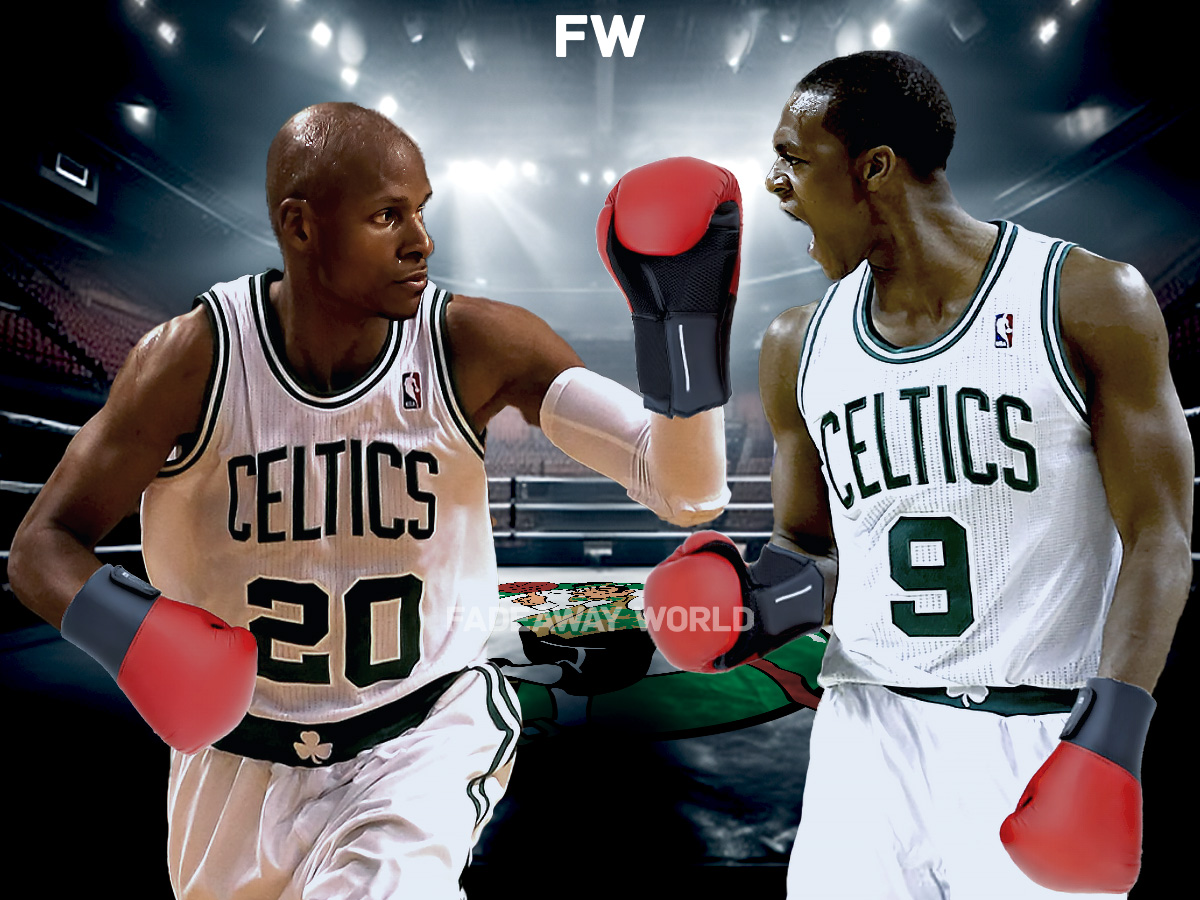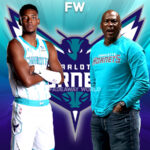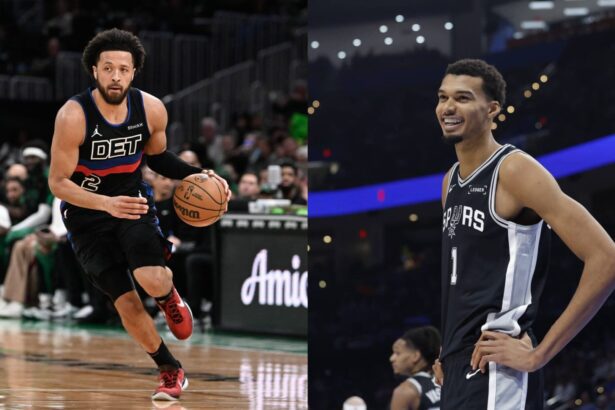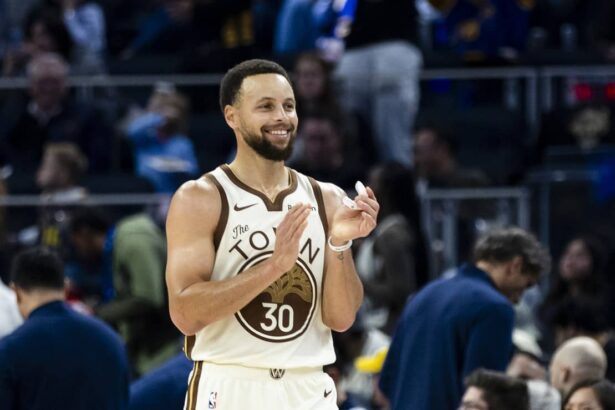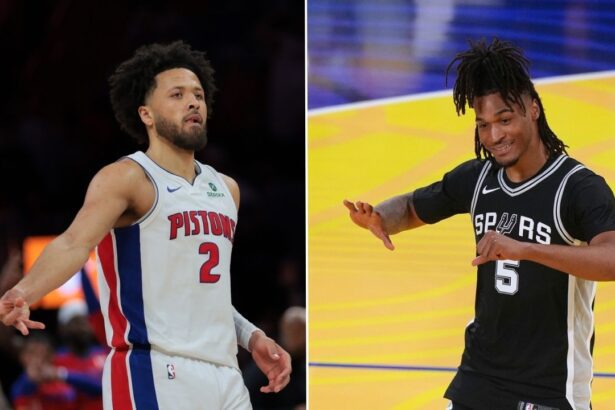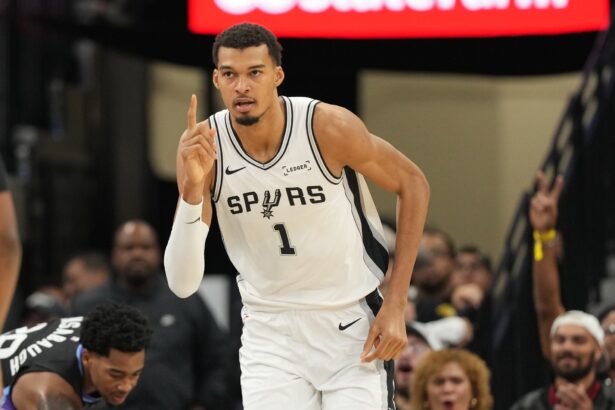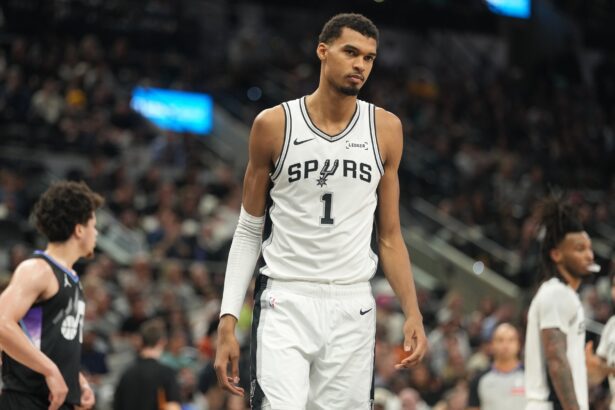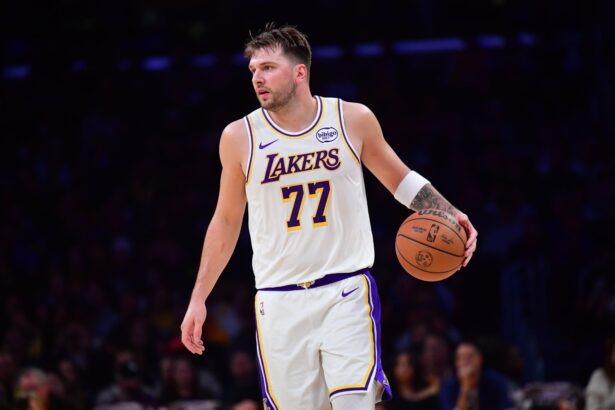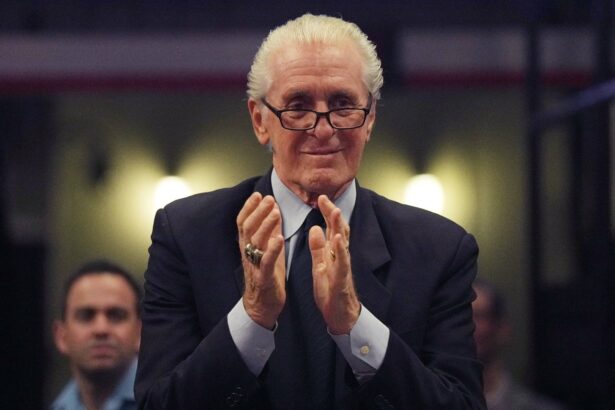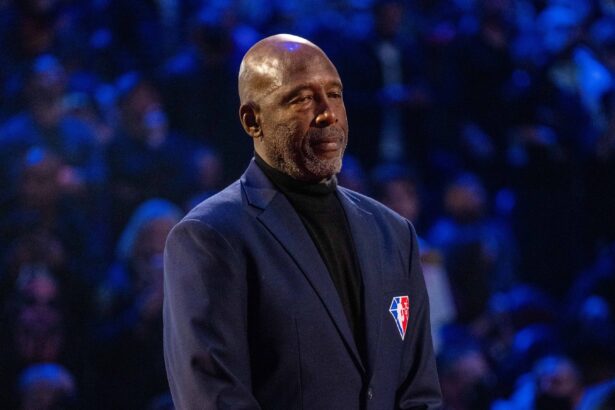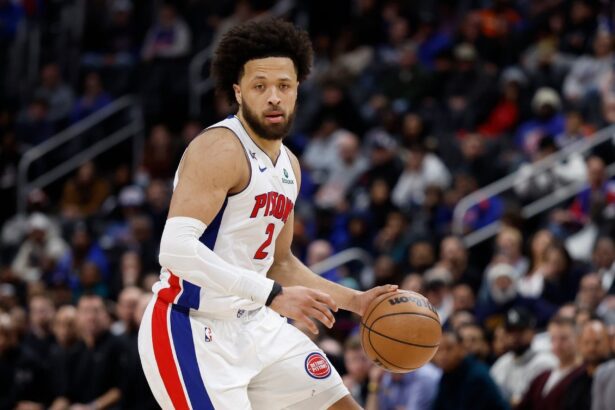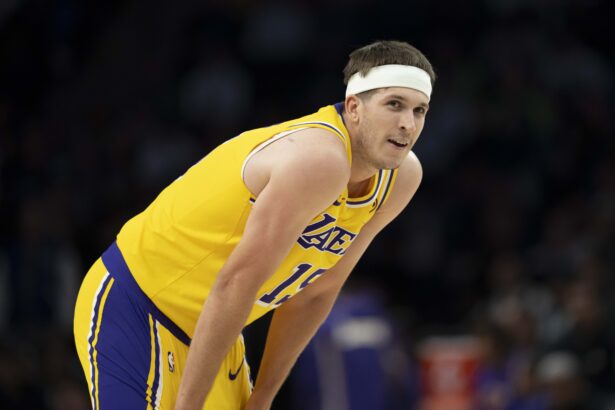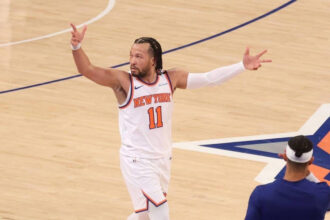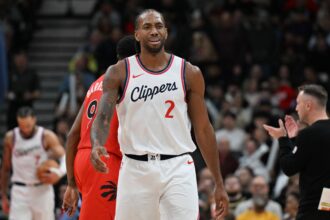Rajon Rondo recently confirmed the long-rumored feud between him and Ray Allen, revealing that their rivalry escalated to a physical altercation during their time with the Boston Celtics. During an appearance on the “Run It Back” podcast, Rondo recounted how he and Allen, along with other teammates, put on boxing gloves and fought in the weight room to settle their differences.
“It wasn’t a settle feud, but we damn sure put the gloves on. Um, shout out to Beatle. Um, he was our strength and conditioning coach at the time. And like I said, we were competitive every, every facets of life. We always competed.”
“Me and Ray put the gloves on. It was all fun and games at the time. You know, like I said, we loved to compete. We was like, s**t, f**k it, let’s get it on. You know what I mean? Because there was no point in talking about each other behind each other’s back. That’s just fight as men. But it got broken up pretty quickly.”
Rajon Rondo admits putting on boxing gloves to fight Ray Allen
“There was no point in talking about each other behind each others back, let’s just fight as men”
(🎥 @RunItBackFDTV )
— NBACentral (@TheDunkCentral) May 28, 2024
This revelation adds a new layer to the understanding of the dynamics within the 2008 NBA Championship-winning Celtics team. The tension between Rondo and Allen had been simmering for years, with former teammate Kendrick Perkins first bringing the story to light in 2022.
Perkins detailed how the friction began when Allen allegedly pushed for Rondo to be traded for Chris Paul, a move that inevitably reached Rondo and caused significant discord. Glen Davis, another former Celtics player, confirmed Perkins’ account, stating that he was there during the fight.
During their five seasons together, Rondo and Allen were integral to the Celtics’ success, with Rondo orchestrating the offense and Allen providing sharpshooting prowess. However, their off-court relationship was fraught with tension, culminating in the boxing match that Rondo described.
Rondo’s confirmation of the altercation sheds light on the competitive and sometimes volatile environment within the team. Despite their professional achievements, personal conflicts and rivalries were part of the Celtics’ journey. Allen eventually left the Celtics in 2012 to join the Miami Heat, a move that further strained his relationship with his former teammates, particularly Kevin Garnett and Paul Pierce.
The feud between Rondo and Allen symbolizes the intense emotions and egos involved in professional sports. While the physical confrontation did not resolve their issues, it highlighted the deep-seated tensions that can exist even among teammates who achieve great success together.
As time has passed, the former Celtics stars have begun to mend their relationships, demonstrating that even the fiercest rivalries can eventually give way to mutual respect and reconciliation.
The Pistons Messed Up Big Time By Rejecting Trade Offer From The Celtics
The Detroit Pistons missed a golden opportunity by rejecting a trade offer from the Boston Celtics, a decision that could have significantly altered their trajectory and prolonged their relevance in the NBA.
In the late 2000s, the Pistons were at a crossroads. The proposed trade involved key players such as Rodney Stuckey and Tayshaun Prince, who were crucial to the Pistons’ success but ultimately part of a team that was heading into a period of decline. Stuckey left the Pistons in 2014 via free agency, and Prince was traded in 2013.
Richard Hamilton was bought out in 2011 and later joined the Chicago Bulls, where he played a significant role in their “Bench Mob.” These departures marked the end of an era for the Pistons, who struggled to maintain their competitive edge.
Had the Pistons accepted the trade, they might have enjoyed an extended period of relevance. Instead, they entered a prolonged slump, missing the playoffs for several years and failing to build a coherent and competitive team.
The departure of key players like Chauncey Billups, who was traded to the Nuggets, and the short-lived tenure of Allen Iverson further destabilized the team. The acquisitions of Ben Gordon and an aging Ben Wallace did little to reverse their fortunes.
Accepting the trade could have provided the Pistons with fresh talent and potential draft assets, giving them a chance to rebuild more effectively. Even if Allen had left for the Heat after one season, as he eventually did with the Celtics, the Pistons might have positioned themselves better for the future with the assets they could have acquired.
In retrospect, the rejection of the Celtics’ trade offer was a pivotal moment that contributed to the Pistons’ struggles. Embracing the trade could have led to a different, more successful path, keeping the team competitive and relevant in the NBA landscape for several more seasons.
Thank you for being a valued reader of Fadeaway World. If you liked this article, please consider following us on Google News. We really appreciate your support.

